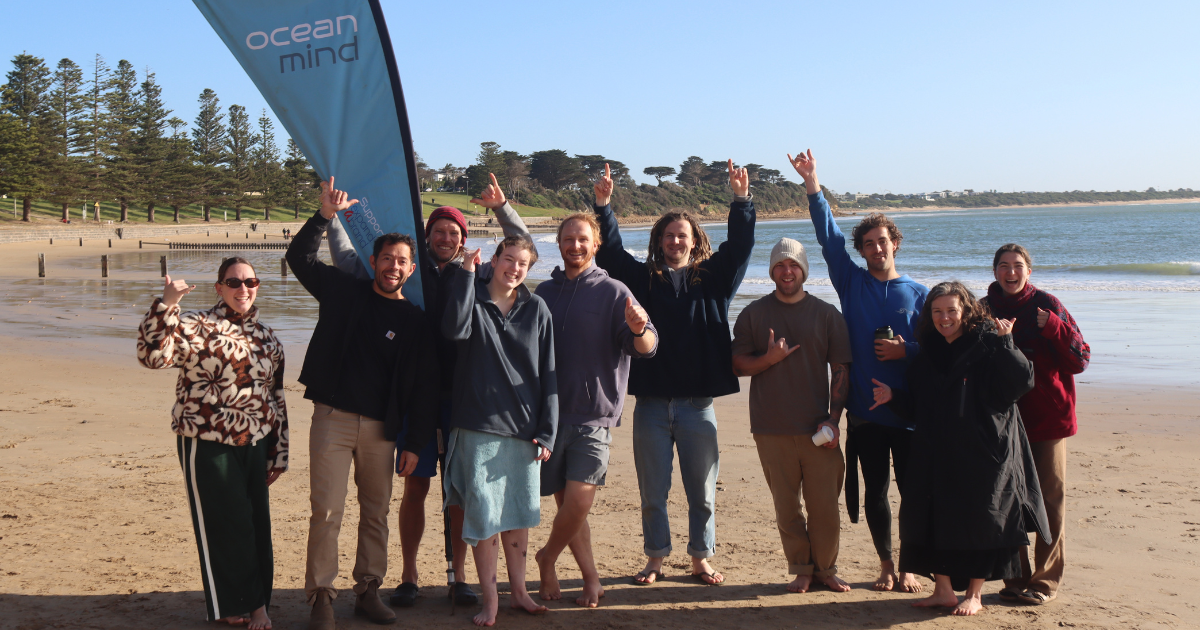Report reveals gap in vital floating skills

NSW lifeguard Bruce "Hoppo" Hopkins (best known for leading the team on TV series Bondi Rescue) is an ambassador for SWIMSAFER Week. Photo: FACEBOOK/SWIMSAFER
A NEW report reveals nearly half of all parents are not confident their children possess the water safety skills needed to survive an emergency, particularly the critical skill of floating.
The annual SWIMSAFER Week Report, released this week, found more than two in five (44 per cent) parents are unsure if their child has the water safety skills to handle an emergency.
Almost half (45 per cent) of parents rate their children’s floating ability as poor or average, despite floating being essential for survival.
The SWIMSAFER data revealed only one in four (27 per cent) parents felt moderately confident and less than a tenth (8 per cent) totally confident in handling a water emergency.
While more than half (55 per cent) of parents believe that learning to float could save their child’s life, one in three (31 per cent) children are not enrolled in swimming lessons where this life-saving skill is taught.
According to the National Drowning Report, Australia has seen a 45 per cent increase in drowning deaths at beaches compared to the 10-year average, with a 12 per cent rise from last year alone.
Rip currents remain the leading cause, contributing to more than a third of beach drownings.
To underline the relationship between mastering floating and learning to swim, SWIMSAFER Week (November 18 to Sunday, November 24) has teamed up with NSW lifeguard Bruce “Hoppo” Hopkins (best known for leading the team on TV series Bondi Rescue) and his Float to Survive Australia initiative.
This year, more than 500 swim schools nationally are hosting free “float clinics” to improve both parents’ and children’s confidence in water environments alongside the “Swim It Forward” initiative.
“Floating allows people to conserve energy and stay calm during a water emergency, which is often the difference between life and death,” Hopkins said.
He said the SWIMSAFER report highlighted a significant gap in water safety skills.
“Programs like Float to Survive focus on equipping both children and parents with the skills needed to manage in an emergency effectively.
“Too many drownings occur because panic sets in, and people exhaust themselves trying to stay afloat.
“The message is simple: if you’re in trouble, stop, stay calm, and float. It could save your life.”
SWIM chief executive officer Brendon Ward said the report revealed many families were missing out on learning the critical skill of floating due to financial pressures.
“One in four children stopped swimming lessons due to the rising cost of living, but more concerning is the fact that 38 per cent of parents have no plans to enrol their children at all.
“Learning to float is an essential survival skill children learn through swimming lessons, yet many families are missing out.”
For more information, head to swimsafer.org.au

















